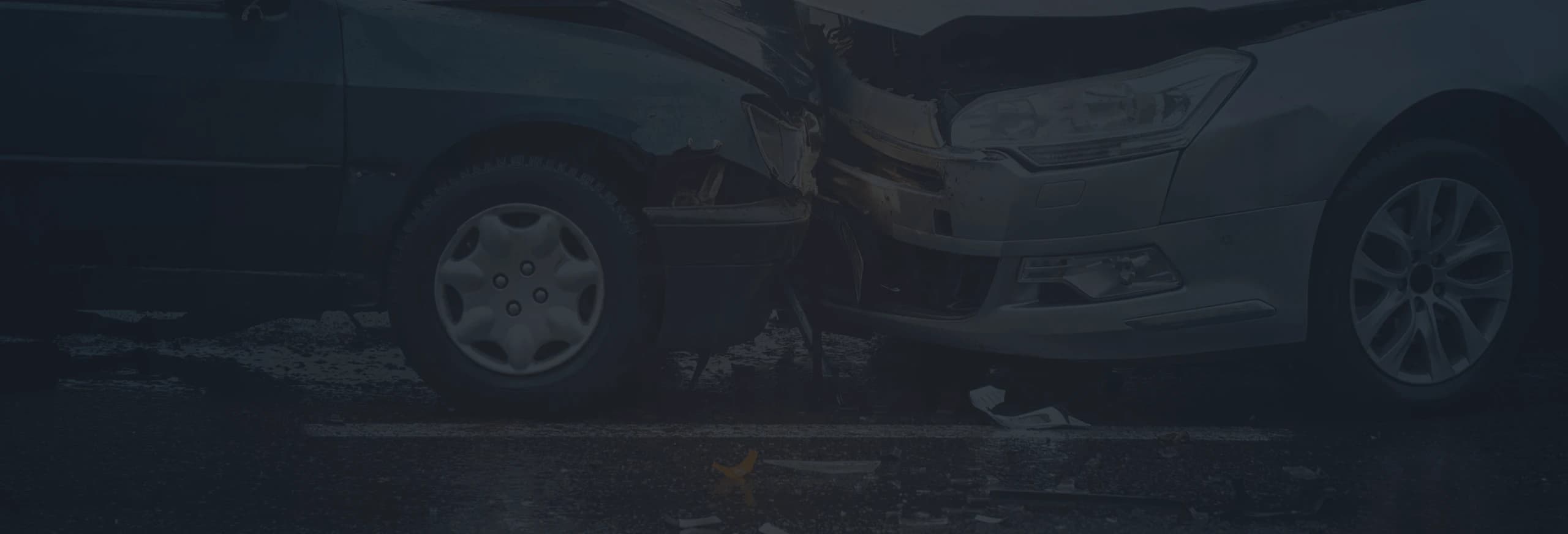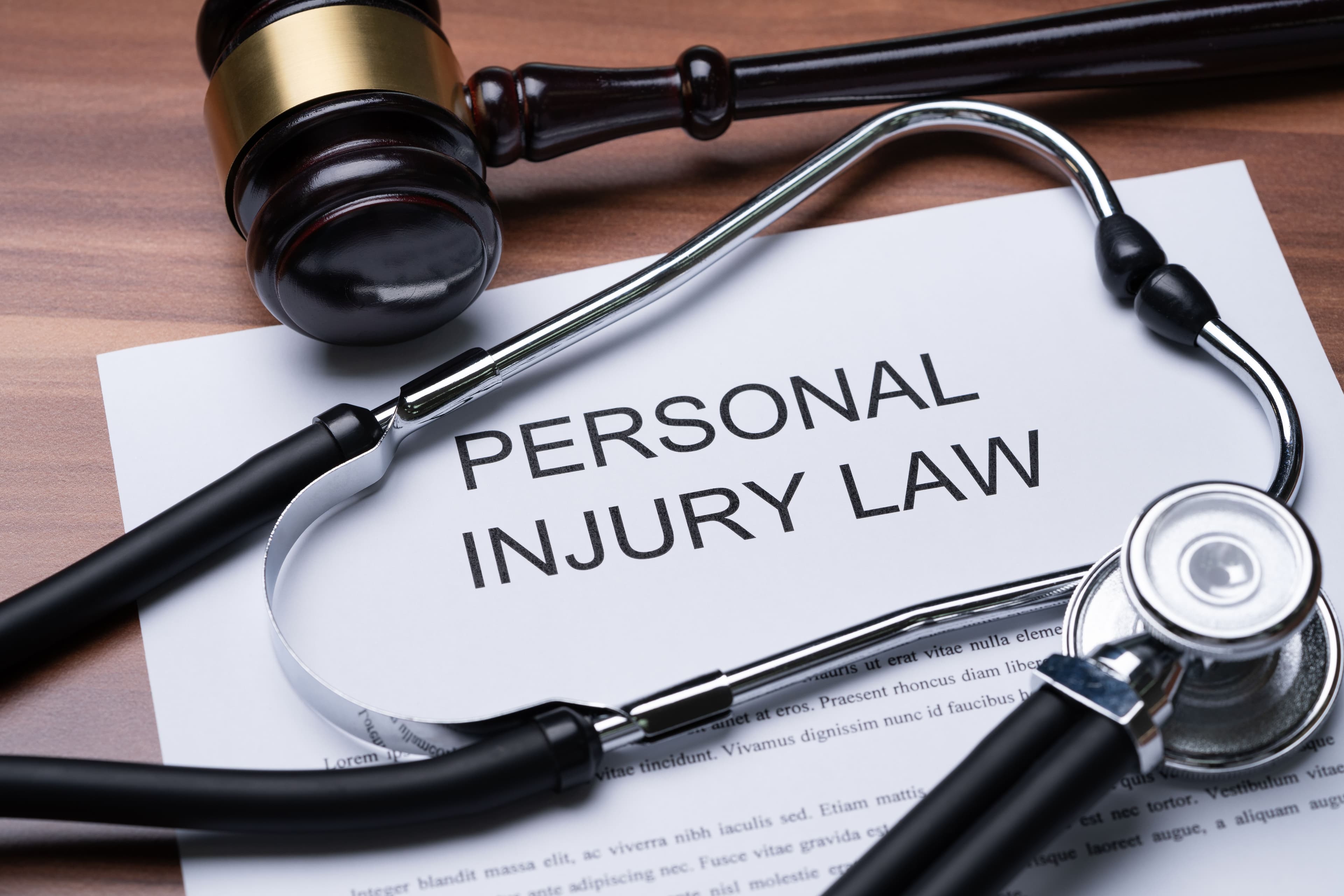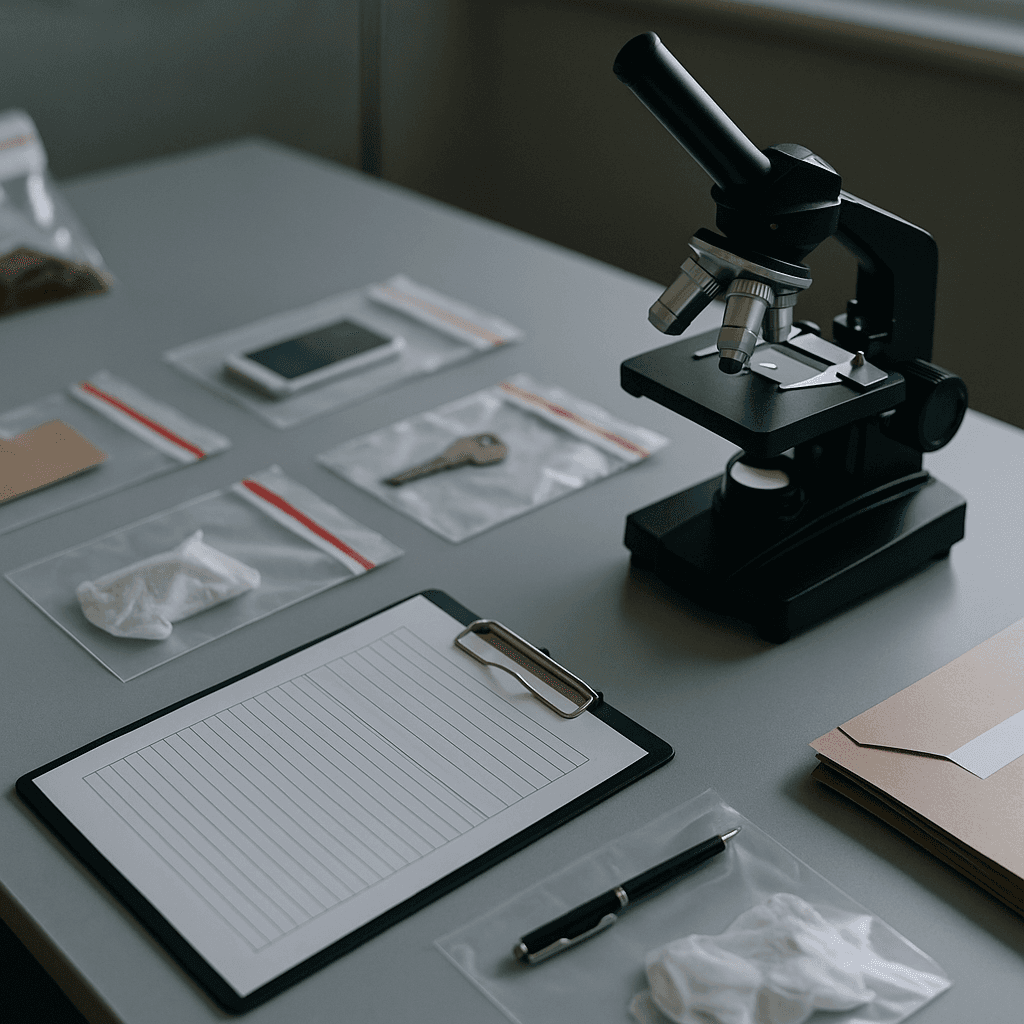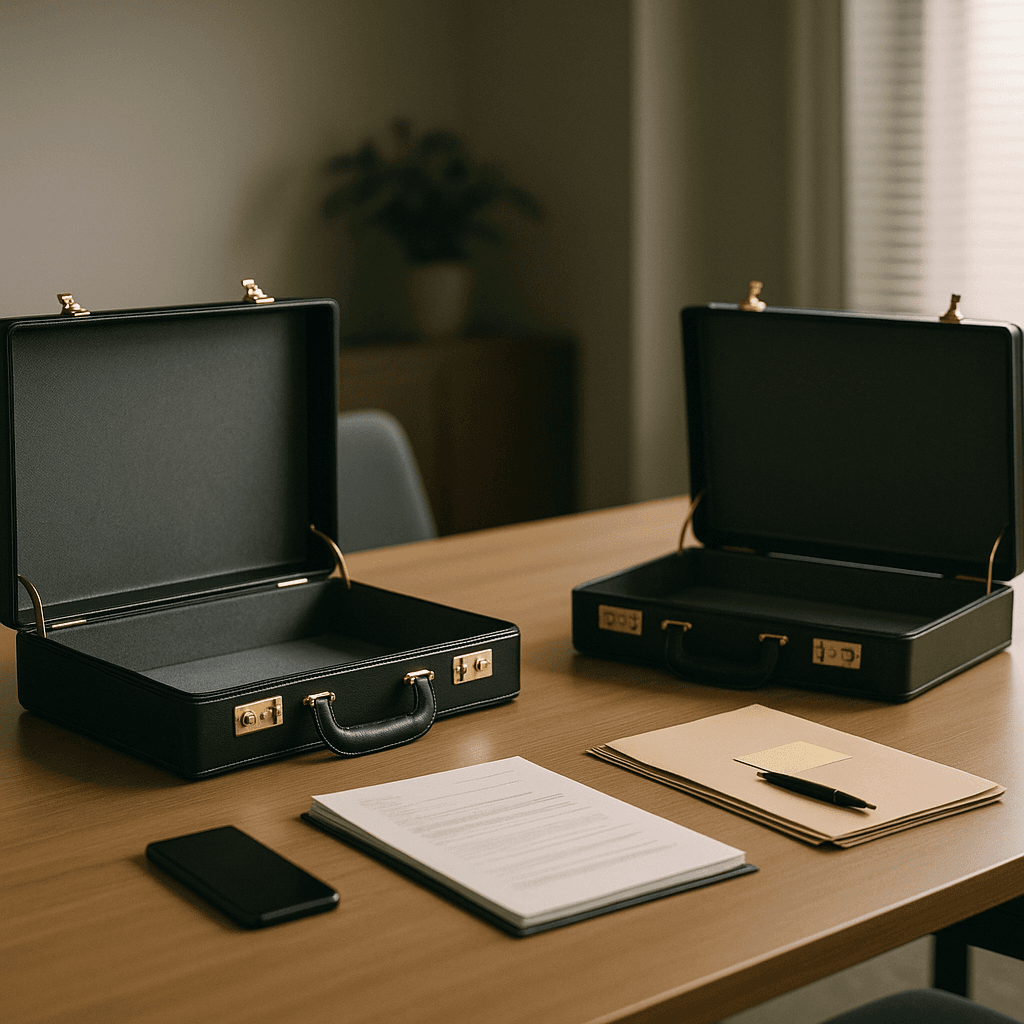
The Anatomy of an Accident Claim: Behind the Scenes With an Accident Lawyer

You’ve been in an accident because of someone’s negligence, and now you’re laid up at home or in the hospital wondering what to do next. If you want compensation from the at-fault party, hiring an accident lawyer promptly is one of the smartest things you can do.
In this guide, you’ll discover the anatomy of an accident claim, including accident lawyer practice areas, and learn how each step in the process brings you closer to a fair settlement for your damages.
The Personal Injury Claim Process From Start to Finish
The personal injury claim process is a lengthy one that can last anywhere from a few months to more than a year. Below, we answer FAQs on settling a personal injury case so you know what to expect.
The Accident
All personal injury claims start with some type of accident. Car accidents are a common one, as are premises liability accidents (slip-and-falls, for example). Other types of cases personal injury lawyers take include:
- Bus, truck, train, bicycle, and motorcycle accidents
- Pedestrian accidents
- Dog bites
- Medical malpractice
- Nursing home neglect and abuse
- Defective products
- Construction accidents
- Wrongful death
Seeking Medical Treatment
Often, accident victims don’t want to go to the doctor because they think they’re not hurt and doing so would be a waste of time. This is a mistake. Not only might you have hidden injuries you don’t know about, but the insurance company could also deny your claim if you don’t seek medical treatment.
The sooner you see a doctor after your accident, the better. Keep copies of your medical bills and treatment records for your lawyer to review, too.
Gathering Evidence
Evidence collection can begin immediately after the accident if you’re not too injured to do so. Pictures of the accident scene while it’s fresh are very helpful, as is video footage, which you can record with your phone. If there are any witnesses at the scene, ask for their contact information.
Your lawyer will do their part in collecting evidence as well. They’ll interview witnesses, organize your medical records, and collect proof that you’re too injured to work.
Hiring an Accident Lawyer
If you haven’t yet hired an accident lawyer, do so now. You’re much more likely to win your claim with a lawyer’s help. Personal injury lawyers usually offer free consultations so you can shop around and find the right one for you.
Determining Liability
Determining liability, or who’s at fault for the accident, can be quite challenging. In a car accident case, for example, multiple drivers might be liable. If you’ve had a truck accident, the driver’s employer or the truck manufacturer may be liable.
You might be partially at fault, too. We’ll discuss how that could affect your case below.
Calculating Your Damages
You’re probably eager to know how much your claim is worth. To arrive at a number, your lawyer will need to determine all your damages. If you’re suing for non-economic damages, your lawyer will calculate those by determining a multiplier and multiplying your economic damages by that figure.
Common damages in a personal injury case include medical expenses, lost wages, property damage, pain and suffering, and mental distress.
Insurance Negotiations
After tallying up your damages, your accident lawyer will send a demand letter to the at-fault party’s insurance company. The demand letter includes the amount of money you are seeking in your settlement. The insurance company will likely counter with a lower settlement, and then your lawyer will negotiate for more. This continues until you’re satisfied with the offer.
Filing a Civil Lawsuit
If the insurance company won’t settle or provide a fair settlement offer, you’ll have to go to court. Personal injury cases usually don’t make it to court, however, because neither side wants to drag things out for months or pay ongoing legal fees.
Discovery
Your lawyer and the at-fault party’s attorney will engage in the discovery process before the trial starts. This process includes interviewing each side’s witnesses and presenting evidence. At the end of discovery, both sides will know what evidence their lawyer is going to present in court.
Court Trial
If the at-fault party still won’t settle after discovery, the case will proceed to a trial. Your trial might have a jury or just the judge. Either way, both sides’ lawyers will present their evidence and arguments, after which the judge or jury makes a decision.
Appeals
The losing party can sometimes file an appeal, but this is risky. By filing an appeal, you’ll have to pay more legal fees, and there’s a chance you’ll lose again.
Case Resolution
If you win the case, the defendant will have to cut you a check for the agreed-upon settlement amount. Your lawyer will take their fees from your settlement and use the money to pay off medical liens if you have any. What’s left is yours to keep.
Contact our team today so we can fight to help you get the compensation you deserve.
Other Factors Affecting Your Personal Injury Case
There are two major factors that affect personal injury cases: your state’s statute of limitations and its negligence rules.
The statute of limitations is the deadline by which you need to file your claim. It’s usually two years for personal injury claims but can be as short as one or as long as three years. If you don’t file your claim before then, you won’t be able to pursue compensation.
Negligence rules vary significantly by state. Many states have some form of comparative negligence rule that prohibits you from collecting compensation if you’re more than 50% or 51% at fault. In a few states, you can recover damages regardless of your level of fault as long as you’re not 100% to blame. In others, you can’t recover a dime if you’re even 1% at fault.
Find the Right Personal Injury Attorney for Your Case Today
Looking for the right lawyer for your personal injury claim? Call Accident Hotline at (844) 343-9609 or read more of our blog to discover accident lawyer tips for navigating claims.
For a free consultation, call (844) 343-9609
Blog Posts:

The Role of Expert Witnesses in Injury Litigation
Why Expert Witnesses Matter in Personal Injury Cases In personal injury litigation, facts alone are often not enough. While evidence like medical records, photographs, and witness statements paint part of the picture, juries and insurance companies frequently need context and explanation to understand the full scope of an injury and its impact. This is where expert witnesses play a pivotal role. Expert witnesses are professionals—often doctors, engineers, economists, or accident reconstruction specialists—who provide testimony based on their specialized knowledge. Their objective is not to advocate for one side but to clarify complex issues that require professional interpretation. In many cases, their opinions help bridge the gap between evidence and understanding, making them critical to achieving fair compensation.

How Insurance Companies Evaluate Injury Claims
How the Evaluation Process Really Works When you file a personal injury claim, the insurance company begins a process that is anything but simple. Behind every offer or denial, there's a calculated evaluation designed to protect their bottom line. Insurers use data-driven methods, past claim outcomes, and internal guidelines to assess how much—if anything—they believe your case is worth. The goal of the insurance adjuster is straightforward: to settle your claim for as little as possible while closing the file quickly. They'll review your medical records, accident details, and even statements you've made to determine liability and damages. The more organized and detailed your claim presentation, the harder it is for them to undervalue it.

The Dangers of Handling a Personal Injury Case Without Legal Help
Understanding What's at Stake After an accident, it's natural to want to resolve things quickly. Medical bills begin piling up, your work may be disrupted, and insurance adjusters often seem eager to "help." Many people believe they can handle their personal injury claim on their own—especially if the situation seems straightforward. But personal injury law is complex, and even minor missteps can lead to significant financial loss. Without professional guidance, you may underestimate your claim's value, miss critical deadlines, or make statements that insurers later use against you. The legal process is designed to protect both sides, and insurance companies have experienced professionals working to limit payouts. Without an equally skilled advocate on your side, you're at a clear disadvantage. That's why consulting a personal injury lawyer early in the process is often the difference between fair compensation and a costly mistake.

When Should You Switch to a Different Injury Lawyer?
Knowing When It's Time for a Change Choosing the right attorney after an accident is one of the most important decisions you'll make in your recovery journey. However, not every lawyer-client relationship is a perfect fit. Sometimes, despite your best efforts, you may realize that your current representation isn't meeting your expectations. Whether it's poor communication, lack of progress, or a sense that your case isn't being handled effectively, recognizing when to switch attorneys can make all the difference in the outcome of your claim. Switching to a new personal injury lawyer doesn't mean starting over from scratch—it means taking control of your case and ensuring it receives the attention and effort it deserves. Understanding what to expect from your legal representation can help you identify the warning signs that it might be time for a change.
Get an agent on the line in seconds
Responsive
Legal Assistance
Our personal injury attorneys advocate for the funds necessary to cover bills, secure medical treatment, recoup lost wages, and provide compensation for your pain and suffering.
Are you facing unfair treatment from the insurance company?
Do you know the value of your case?
Is the insurance company asserting that the accident is your responsibility?

We'll get back to you ASAP.
Get Your Free Consultation
You Pay Nothing Unless We Recover Compensation For You
